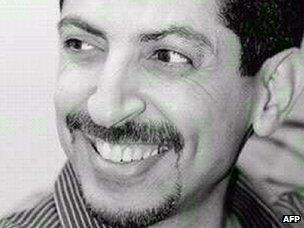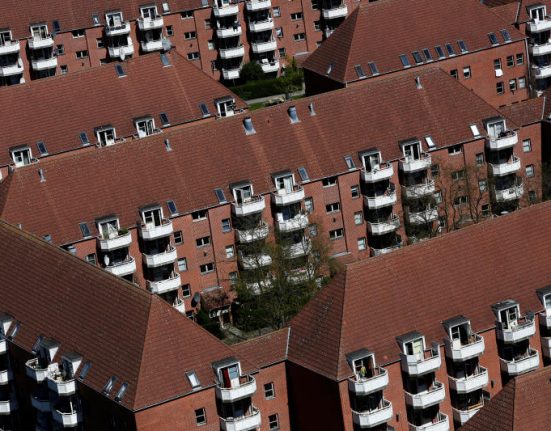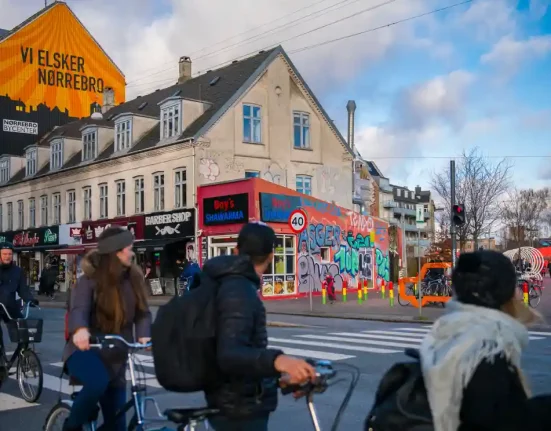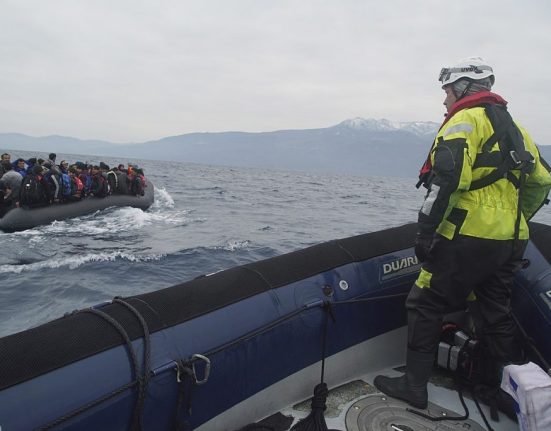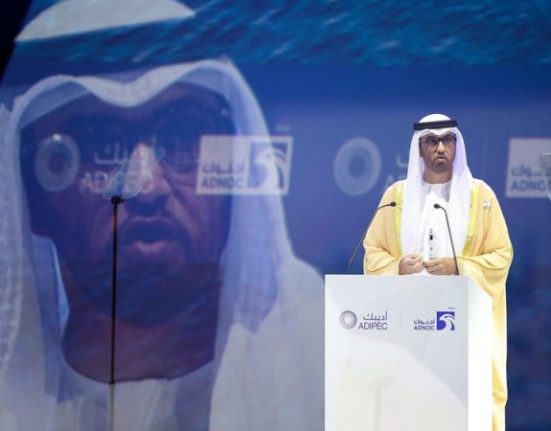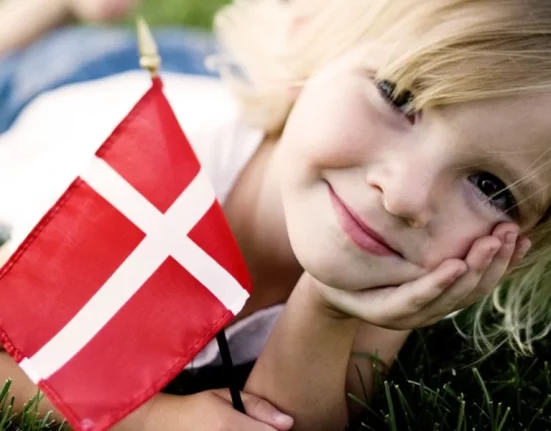In marked contradiction to the government’s current discriminatory and unprecedented tactics towards other non-white immigrants, new medical facilities to heal Ukrainian migrants are developing in Denmark, according to a press statement today by Euro-Med Human Rights Monitor. The Danish government’s dual standards are too obvious to ignore, from its determination to forcefully return Syrian refugees to Syria to the 3% enrolments of Afghan refugee petitions.
Four Ukrainian Clinics
The Danish Capital Region, Copenhagen, and its surrounding territories have teamed with the General Practitioners’ Organization to construct four treatment centers dedicated entirely to serving the country’s rising number of Ukrainian immigrants. The first facility opened last week in Nrrebro, a Copenhagen neighborhood, and the additional three medical clinics will launch in the coming days, providing services in English with the help of translators as needed.
Because the EU Temporary Protection Directive doesn’t govern Denmark, it introduced special legislation last month to speed up the registration process for people leaving Ukraine for temporary residency and work.
Bypassing ‘Zero Asylum Seekers’ Policy For Ukrainian Refugees
Non-EU citizens seeking verdicts on their residency requests in Denmark are not automatically provided access to the public healthcare system; some need to purchase private health insurance that covers their waiting time. However, Regional Council Chairperson Lars Gaardhj said they would like to “help Ukrainians with less serious illnesses” and “need to prepare with a more robust solution” in light of the thousands of migrants coming from Ukraine.
Ukrainian refugees had only entitled to life-saving treatment until last week when the Danish Ministry of Health changed its stance to enable Ukrainian citizens to be served by a family physician.
At first appearance, this action seems to be at odds with Danish Prime Minister Frederiksen’s declared objective of “zero asylum seekers.” However, preferring Ukrainian natives demonstrates that the issue is their country, culture, and gender, not the flood of newcomers.
Ghettos For Non-White Immigrants
Since 2010, the Danish Ministry of Transport, Building and Housing has maintained a registry of “ghettoes,” defined as government housing neighborhoods with social difficulties and a predominant presence of “non-Western ethnicities,” that prompts a “ghetto package” of biased regulations.
Jewellery Law For MENA Refugees
Correspondingly, Denmark has spared Ukrainian refugees from the contentious “jewellery law,” which also provides the government with the authority to seize personal belongings from arriving migrants ostensibly to charge for their arrival and linger. However, it continues to apply to refugees from MENA (Middle East North Africa).
“This is not an unusual situation, as Danish authorities have called it. What is unusual is the hospitable treatment reserved for Ukrainian refugees. In contrast, discriminatory policies towards non-White refugees like Syrians and Afghans starkly remain,” stated Michela Pugliese, migrations and refugee analyst at Euro-Med Monitor. “Denmark’s efforts to take care of Ukrainian refugees would be noble if, in the meanwhile, the same government didn’t strip all other refugees of their basic rights.”.
The Euro-Med Human Rights Monitor urges Denmark to guarantee that all refugees and asylum seekers, irrespective of race, religion, financial situation, or citizenship status, have equal access to health care. It calls for Denmark to make the ban on racism a fundamental component of all human rights.



